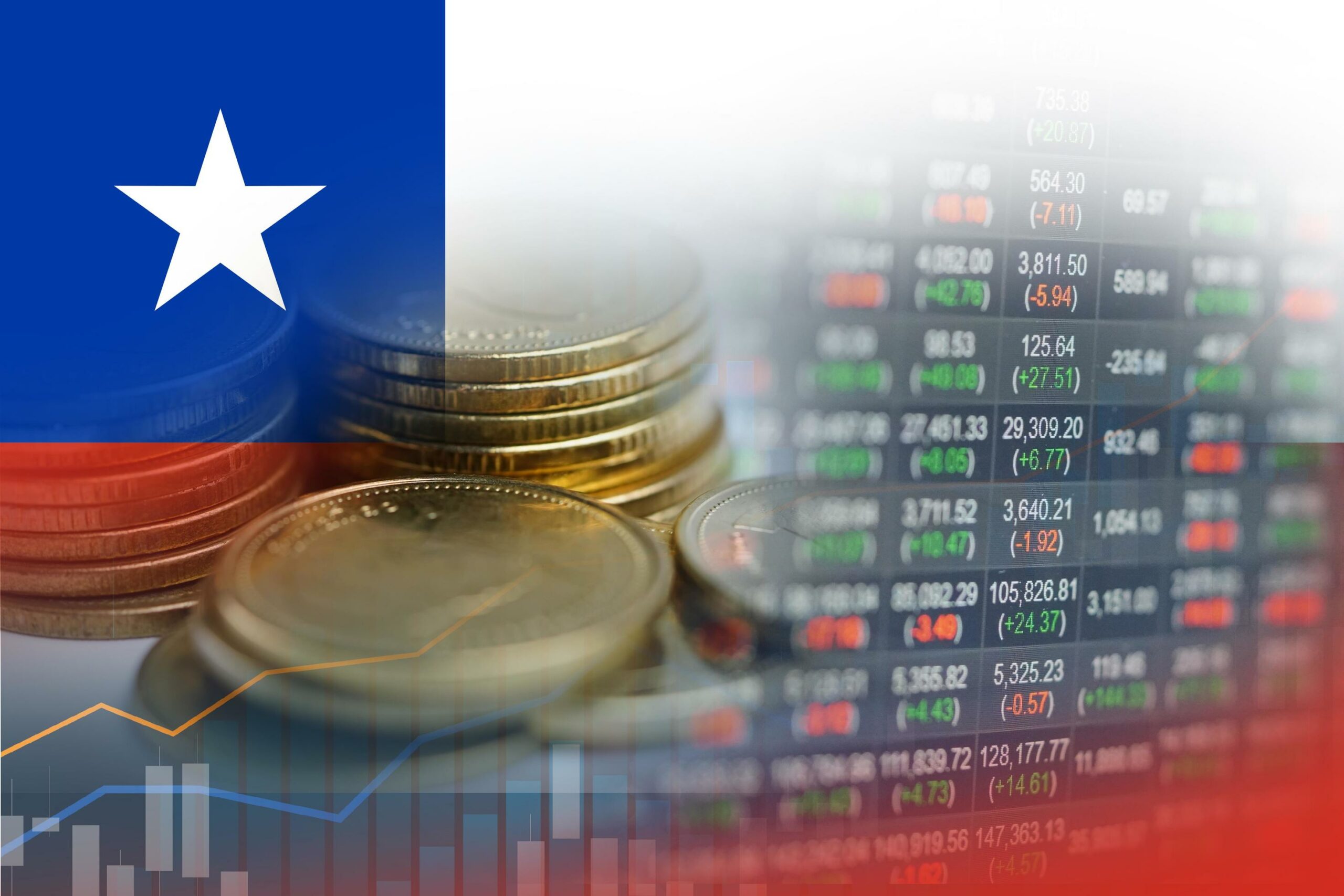The value of Chilean bonds held by foreign investors increased from US$7.17 billion in September to US$8.186 billion in October, according to the most recent data from the Central Bank. It was the highest pace of purchases in 15 months and the first net capital inflow since May.
This renewed interest contributed to a rally in bond prices over the past two months after the central bank said the policy rate had peaked and better-than-expected inflation figures were posted in both September and October. Even the larger-than-expected surprise in November did not reverse the gains. The council now promises to keep the rate at 11.25% until it is sure inflation is on target.
“There was a trend of greater risk-taking by international investors mainly because the peak of inflation had already arrived,” said Alexis Vega, manager of Market Making at Banco de Crédito e Inversiones in Santiago.

The appreciation of the peso since late October also reflects the return of foreign capital, Vega said. The currency has strengthened about 12% against the dollar since October 24.
WHAT HAPPENED TO CHILEAN BONDS IN NOVEMBER?
Foreigners likely continued to buy into November, Vega said.
The 10-year Treasury note rate has dropped almost 120 basis points since the last week of October. In November, it had the biggest monthly drop in its history.
The increase in foreign holdings reflects “greater conviction about the local disinflationary process, the end of the cycle of increases by the Central Bank and less uncertainty about economic policy,” said Itaú chief economist Andrés Pérez.
As an example, foreigners bought almost half of the sustainable sovereign bond issued in October, for US$1 billion.
Foreign investors had reduced their exposure to Chile, in part, due to the uncertainty of the constitutional process. But the proposed text was rejected in a referendum in September.
And although the political parties agreed last week to resume the process, it is unlikely that it will result in radical proposals like those in the previous text. The new draft must incorporate basic principles agreed in advance, such as respect for private property, the autonomy of the central bank and a bicameral Congress.
“Political uncertainty is easing, short-term and long-term interest rates have fallen substantially, while investment prospects are improving at the margin,” economist Samuel Carrasco wrote in a Credicorp Capital report.
Added to this is the fact that the government of President Gabriel Boric presented a more moderate pension reform than many had anticipated. In fact, the proposed changes to the system could result in increased savings and investment in local assets.
However, some believe that no major catalysts are in sight for bonds to extend gains.
“The correction that the rates had in the last two months incorporates expectations of aggressive TPM cuts in 2023, but it remains to be seen if inflation actually moderates to allow those cuts,” said Mariano Álvarez, fixed income manager at LarrainVial.
On the other hand, “a rise in rates can be much more abrupt, due to more persistent inflation, political risks or other issues,” said Álvarez.
ECONOMIC CALENDAR
Chile
- Dec. 22: Minutes of the Central Bank
- Dec. 23: IPP Nov.
International
- Dec. 20: House Beginnings Nov.
- Dec. 21: Sale of Existing Homes Nov.
- Dec. 21: Consumer Confidence Dec.
- Dec. 22: Q3 GDP
- Dec. 22: Leading Index Nov.
- Dec. 23: Personal income Nov.
- Dec. 23: Personal Spending Nov.
- Dec. 23: Durable Goods Orders Nov.
- Dec. 23: U. of Michigan Trust
- Dec. 20: Consumer Confidence Dec.
With information from Bloomberg Línea

